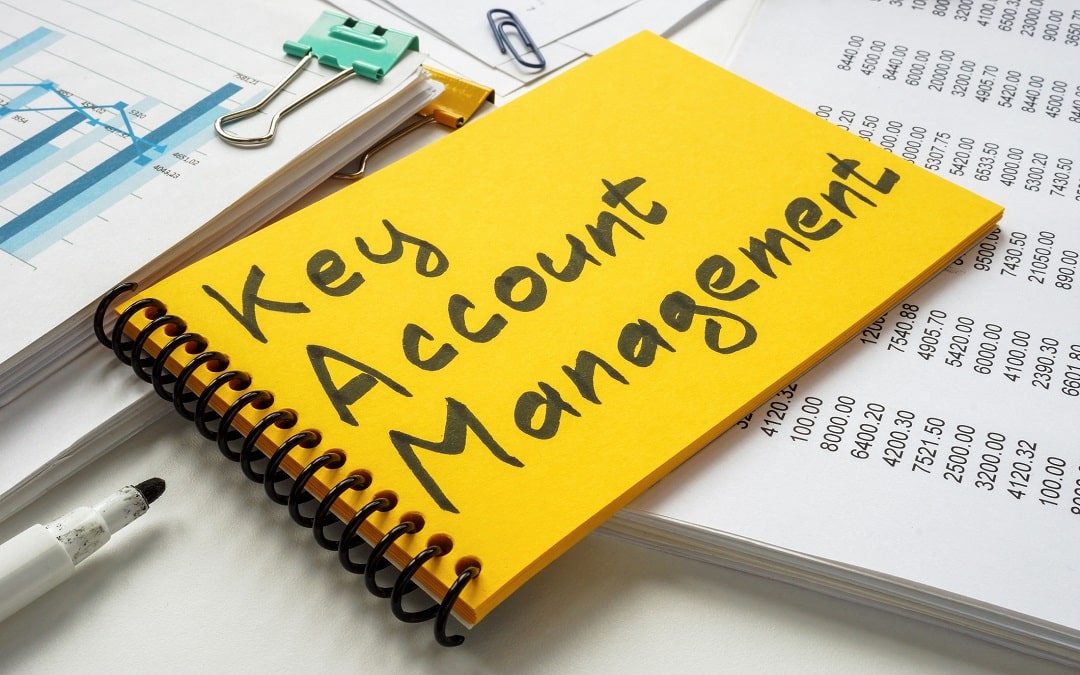Management accounts are essential financial reports that provide crucial insights into a company’s performance. These reports offer a detailed view of a business’s financial health, helping managers and stakeholders make informed decisions and plan for the future.
What is The Purpose of Management Accounts?
The primary purpose of management accounts is to provide timely and relevant financial information to support decision-making within an organisation. Unlike statutory accounts, which are prepared annually for tax and regulatory purposes, management accounts are typically produced monthly or quarterly. They offer a more frequent and up-to-date snapshot of a company’s financial position, enabling managers to:
- Monitor financial performance
- Identify trends and patterns
- Make informed business decisions
- Set and track budgets
- Forecast future performance
Who Uses Management Accounts?
Management accounts are utilised by various stakeholders within an organisation, including:
- Directors and senior management
- Department heads
- Finance teams
- Investors and shareholders
- Board members
These individuals rely on management accounts to gain insights into the company’s financial health and make strategic decisions based on current data.
What Do Management Account Include?
Management accounts typically consist of several key components:
- Profit and Loss Statement: This report shows the company’s revenue, expenses, and profit (or loss) over a specific period.
- Balance Sheet: A snapshot of the company’s assets, liabilities, and equity at a particular point in time.
- Cash Flow Statement: This document tracks the inflow and outflow of cash within the business.
- Key Performance Indicators (KPIs): These metrics help measure the company’s performance against specific goals or industry benchmarks.
- Budget vs Actual Analysis: A comparison of planned financial performance against actual results.
Forecasts: Projections of future financial performance based on current data and trends.
What is an Example of Management Accounting?
Let’s consider an e-commerce business selling handmade jewellery. Their management accounts might include:
- Monthly sales figures broken down by product category
- Cost of goods sold, including materials and labour
- Operating expenses such as marketing, website hosting, and shipping
- Gross and net profit margins
- Inventory levels and turnover rates
- Customer acquisition costs and lifetime value
- Cash flow projections for the next quarter
This information would help the business owner understand which products are most profitable, manage inventory more effectively, and make informed decisions about marketing spend and pricing strategies.
Why Are Management Accounts Important?
Management accounts are crucial for several reasons:
- Timely decision-making: They provide up-to-date financial information, allowing managers to make quick, informed decisions.
- Performance monitoring: Regular reporting helps track progress towards financial goals and identify areas for improvement.
- Cash flow management: By closely monitoring cash flow, businesses can avoid liquidity issues and plan for future expenses.
- Stakeholder communication: Management accounts offer a clear picture of the company’s financial health to investors, lenders, and other stakeholders.
- Strategic planning: The insights gained from management accounts inform long-term business strategies and growth plans.
What Are the Advantages of Management Accounting?
Management accounting offers numerous benefits to businesses, including:
- Improved financial control: Regular monitoring helps identify and address financial issues promptly.
- Better resource allocation: Understanding financial performance allows for more efficient allocation of resources.
- Enhanced forecasting: Historical data and trends enable more accurate financial projections.
- Increased accountability: Clear financial reporting promotes accountability across all levels of the organisation.
- Informed decision-making: Comprehensive financial data supports better business decisions.
- Competitive advantage: Businesses with strong financial management are better positioned to capitalise on opportunities and navigate challenges.
How Elver E-commerce Accountants Can Help
At Elver E-commerce Accountants, we specialise in providing tailored management accounting services for online businesses. Our team of experienced chartered accountants understands the unique challenges and opportunities in the e-commerce sector.
We can help you:
- Set up robust management accounting systems
- Produce regular, insightful management accounts
- Analyse your financial data to identify growth opportunities
- Develop forecasts and budgets aligned with your business goals
- Provide expert advice on financial decision-making
Don’t let financial uncertainty hold your e-commerce business back. Take control of your finances with professional management accounting support.
At Elver E-Commerce Accountants we specialise in assisting e-commerce businesses with the unique tax and accounting challenges that e-commerce businesses face, whether that is navigating the complexities of accounting for e-commerce sales, VAT, both domestically and internationally, to cash flow forecasting, management accounts, sourcing and assisting with loan applications and advisory services. If you would like to discuss how we can help, please call 01942 725419 or use the contact form to book a meeting.

